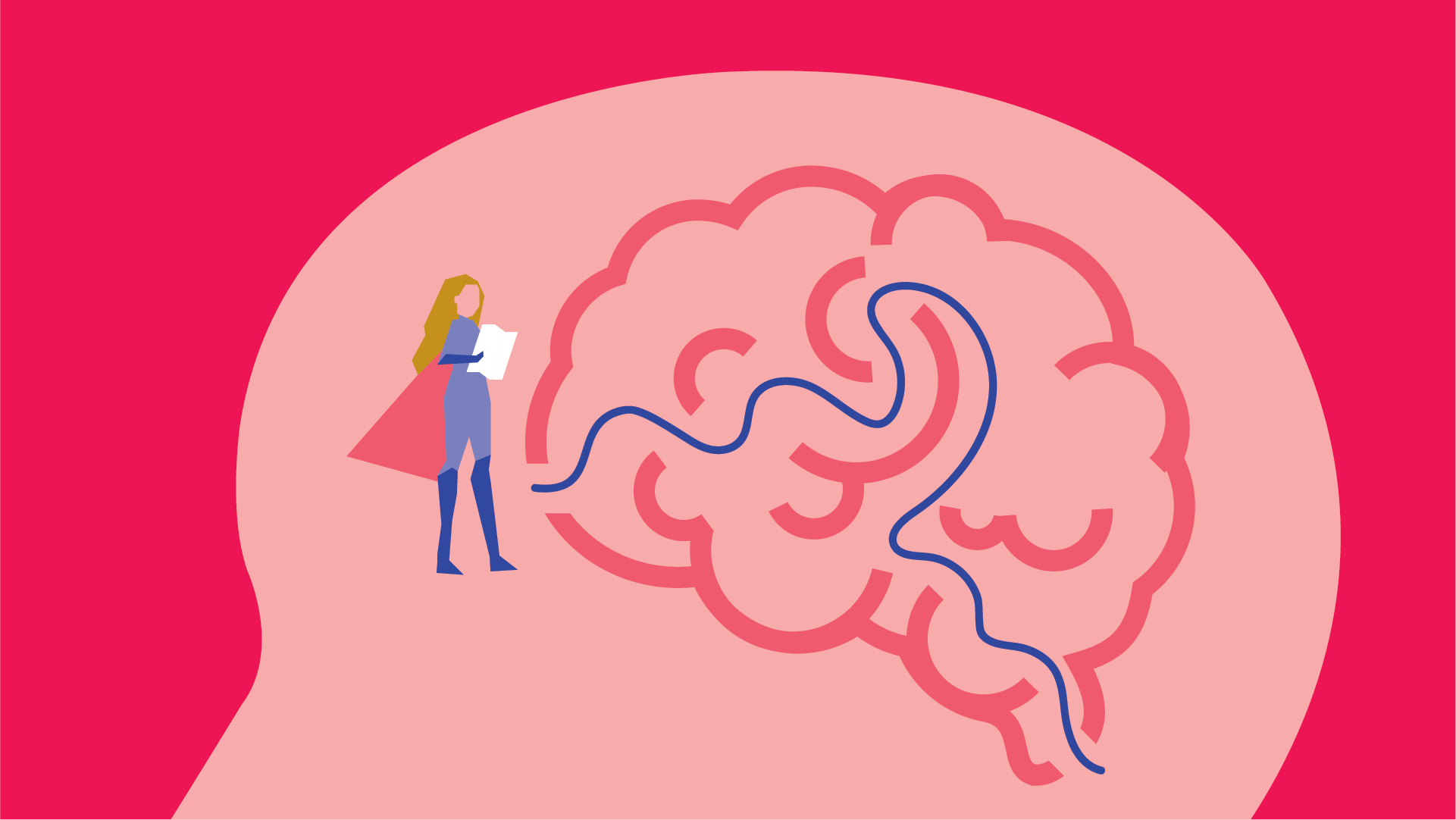Why lack of know-how is at the root of burnout
By Simone-Eller Keller
Burnout is at an all-time high, even among us New Zealanders. I've recently come across a global survey conducted by Future Forum, and it's revealed a distressing trend. Many of us are overworking ourselves and striving to achieve lofty ambitions, only to fall short in the end.
I've been contemplating this issue, and I've come to the realisation that hard work alone is insufficient to reach the heights we aspire to. We need a mechanism or process that guides us on our path to success.
As the CEO of Genius You, a consultancy focused on personal transformation, I've delved deep into the workings of the mind and how to utilise it effectively to uncover our brilliance. From my perspective, burnout stems from our lack of knowledge on how to overcome the obstacles presented by our own brains.
Consider the example of relationships. We all dream of finding a fantastic partner with whom we can share our lives and love indefinitely. Yet, divorce rates in New Zealand are skyrocketing. We end up feeling frustrated, annoyed, and disappointed instead of experiencing true love. The same can be said for other aspects of life. Many of us desire fulfilling relationships with our children, but we often fall short of achieving that aspiration. Burnout seems like the problem, but it's actually the outcome of our drive to achieve something without having the necessary process in place.
We often assume that these skills are innate because we're human, but in reality, they aren't. We need to learn them.
For those who find themselves working hard but feeling frustrated by the lack of progress—and therefore at risk of burnout—I have some advice to offer:
1. Model others: It's always a good idea to find someone who has succeeded in what you want to achieve and learn from their experiences. They have the same capabilities as you do, but they may be utilising them better or in a different way.
2. Create a measurement system: Take a step back and analyse what is causing you to feel burned out. By understanding the problem you're trying to solve, you gain empowerment to move forward.
3. Change through behaviour: Remember that change comes through action, not just thoughts. Merely thinking positive thoughts, like gratitude, won't easily override negative ones. Instead, engage in acts of gratitude, such as writing a note expressing your appreciation or saying "thank you" to someone you value. Acts of service can also make a significant impact.
Remember, it's not just about working hard; it's also about having the right process in place.
Let's strive for success while taking care of ourselves along the way.

